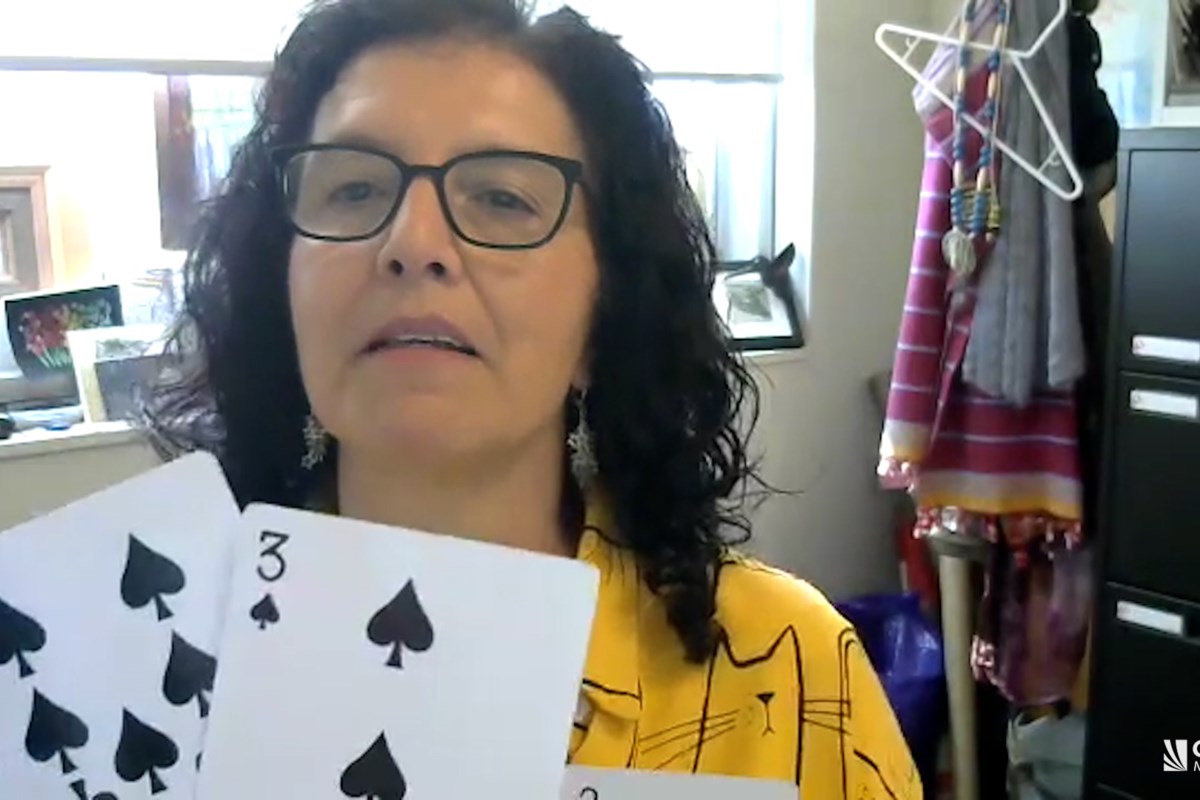Experts urge B.C. parents to break the stigma around math.


Change Your Mindset: How Parents Can Foster a Love for Math in Their Kids
As children across the country prepare for another school year, experts from the University of British Columbia (UBC) have an important message for parents: the language you use around math can significantly shape your child’s attitude toward the subject.
Melania Alvarez, the outreach and education coordinator at the Pacific Institute for the Mathematical Sciences, emphasizes that many students feel anxious about stepping into math class. Yet, she insists that there’s nothing inherently scary about mathematics. “Math is a beautiful subject that I think is being underrated,” she stated during a recent interview with Glacier Media.
Embracing the Beauty of Math
According to Alvarez, the primary challenge facing students is a mindset shaped by negative messaging. Young children often start off with a natural curiosity and fondness for math, but as they grow older, many begin to dread it. This shift in perception can frequently be traced back to the comments made by adults around them. “I think that’s very much because they hear the messages that ‘math is hard’ or ‘math is difficult’,” she explained.
It’s crucial for parents to avoid expressing their own insecurities about math, as these sentiments can unintentionally affect how their children view the subject. Alvarez remarked, “You have to drive all the time and allocate time; that’s math. We need to be conscious that this doesn’t help us and it doesn’t help our kids.”
Making Math Engaging
Alvarez advocates for a more interactive, enjoyable approach to mathematics. By incorporating games into their children’s daily routines, parents can help demystify math and make it feel more approachable. From card games to puzzles, there are countless ways to weave math into everyday activities without the subject feeling like a chore.
“A deck of cards is very inexpensive and can be used for math,” Alvarez noted, encouraging parents to utilize simple tools around the house. She added that math isn’t just about numbers; “Math is the art of thinking. You have a series of constraints and possibilities, and you need to learn how to use those to solve your problem.”
Children will naturally take cues from their parents’ behaviors. If a child sees their parents engaging positively with mathematics, they are more likely to emulate that enthusiasm. “Math is fun and interesting, and part of what also makes life interesting is the challenges,” Alvarez says. “The rewards of the challenges are tremendous.”
Mistakes Are a Stepping Stone
It is essential for children to understand that making mistakes is part of the learning process. “Solving math equations is the important part, and people should be encouraged to take their time and work through the problem,” Alvarez insists. Rather than fostering an environment of fear around errors, parents should promote persistence and a growth mindset.
“We need to change our attitudes,” she added. “What people need to understand is that you have to practice mathematics every day.” By integrating short, daily math activities—around 20 minutes, for example—parents can significantly boost their children’s confidence and skills over time.
Finding Resources and Support
If parents notice their child is struggling with math, searching for help should be a priority. Alvarez encourages dialogue with teachers about how to best support a child’s learning journey. In collaboration with her colleague, Lindsey Daniels, Alvarez has compiled a list of engaging resources and math-related websites that can enrich the learning experience. Parents can access this treasure trove of puzzles, games, and educational tools here.
Conclusion: The Role of Parents in Promoting Mathematical Literacy
As the new school year approaches, it’s a prime opportunity for parents to reflect on the impact of their attitudes towards math. By fostering a playful, supportive, and engaged environment, parents can lay the groundwork for their children to not just survive but thrive in mathematics. Shifting the narrative around math from a daunting obstacle to an intriguing adventure can help students develop a lifelong appreciation for this essential subject. After all, mathematics is not just a subject in school; it is a valuable life skill that makes up the fabric of our everyday experiences.






